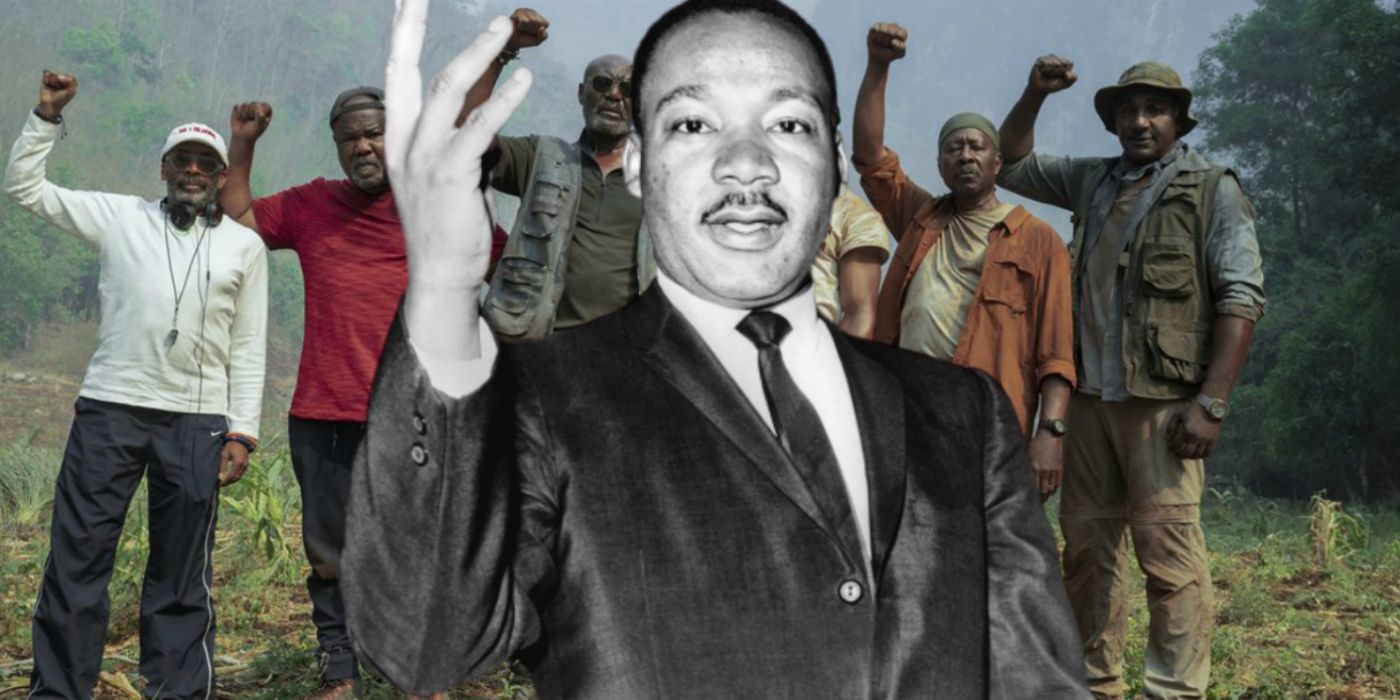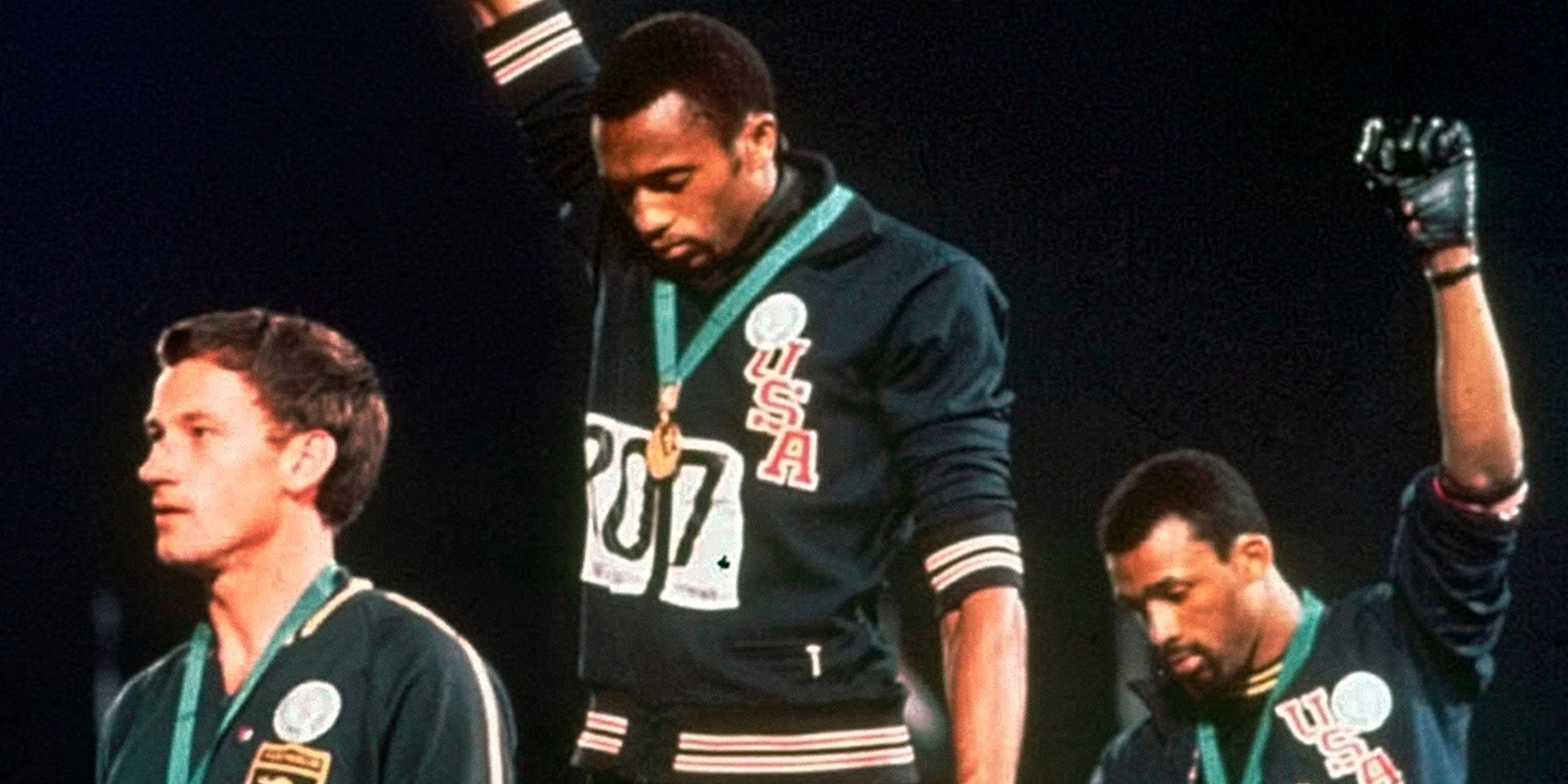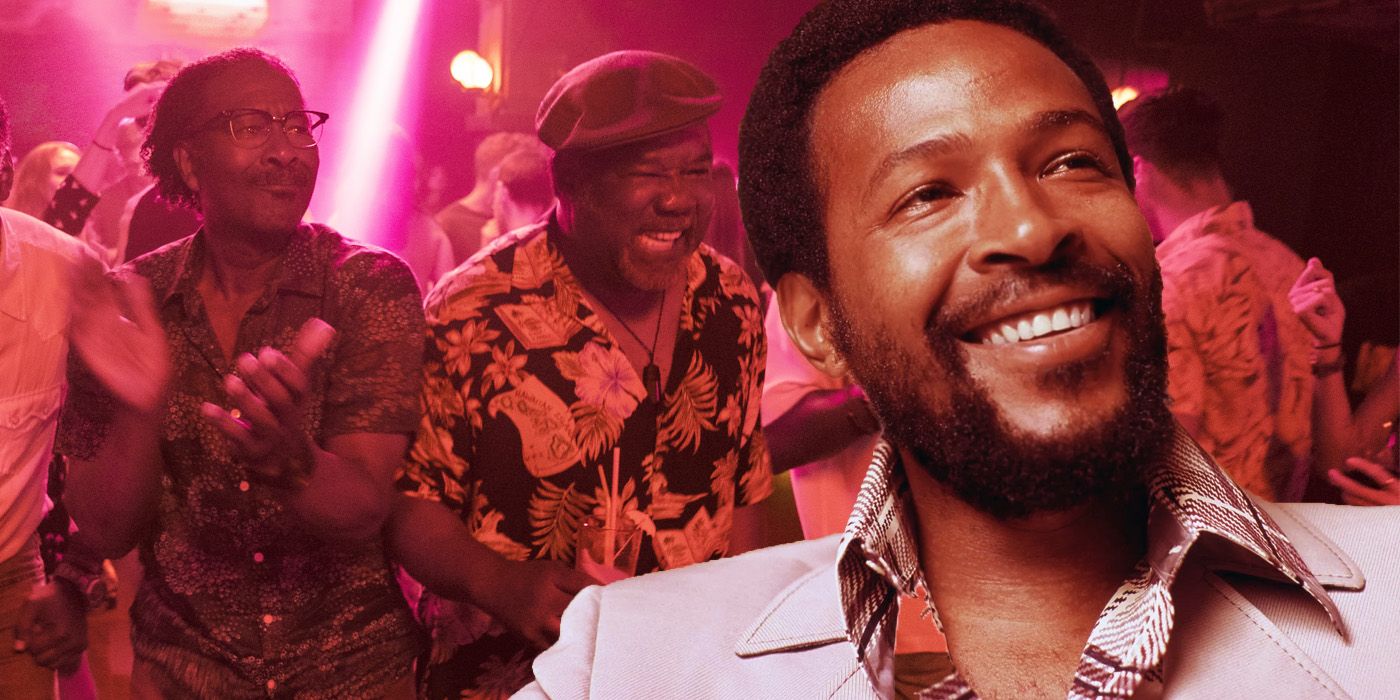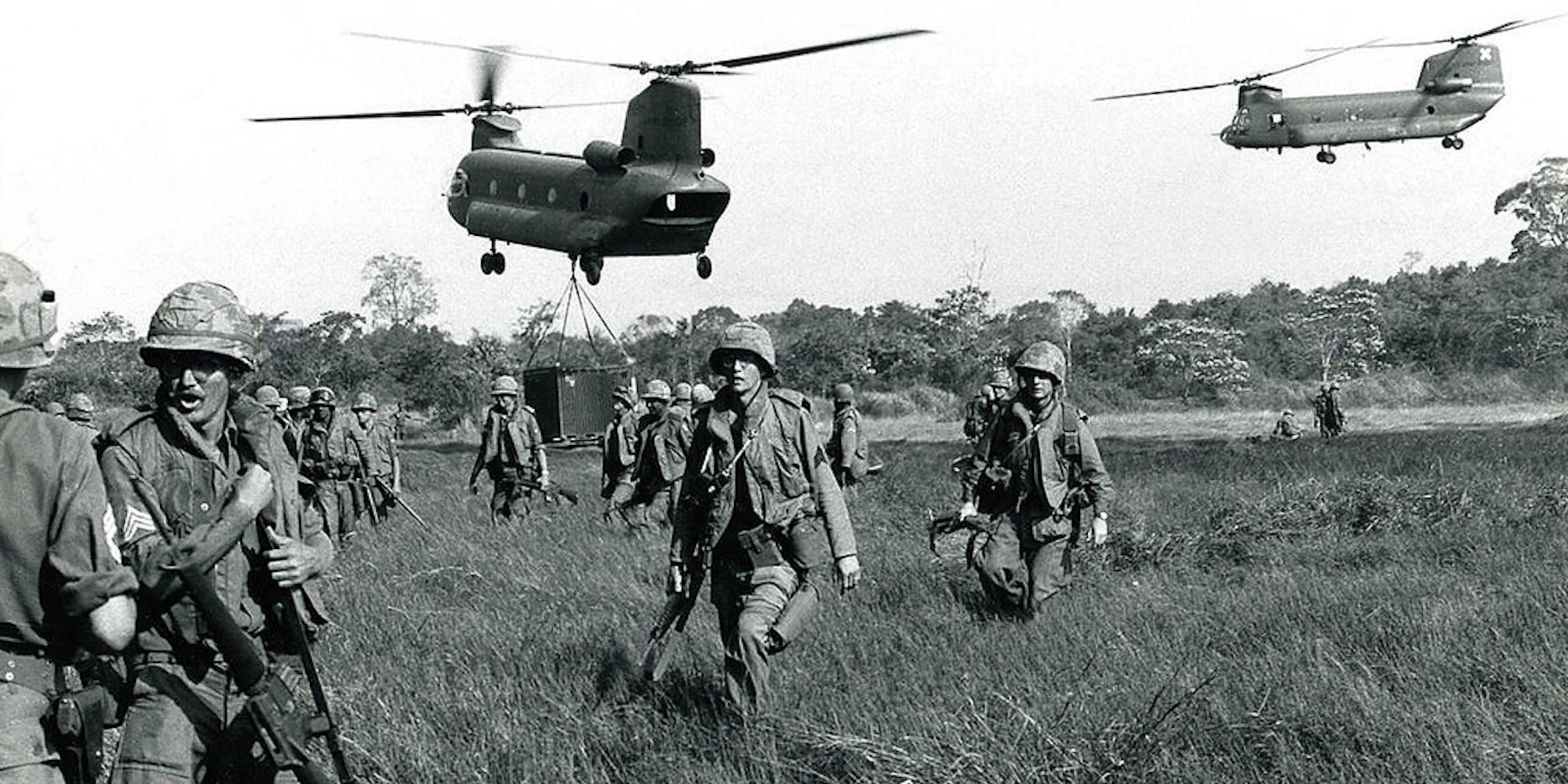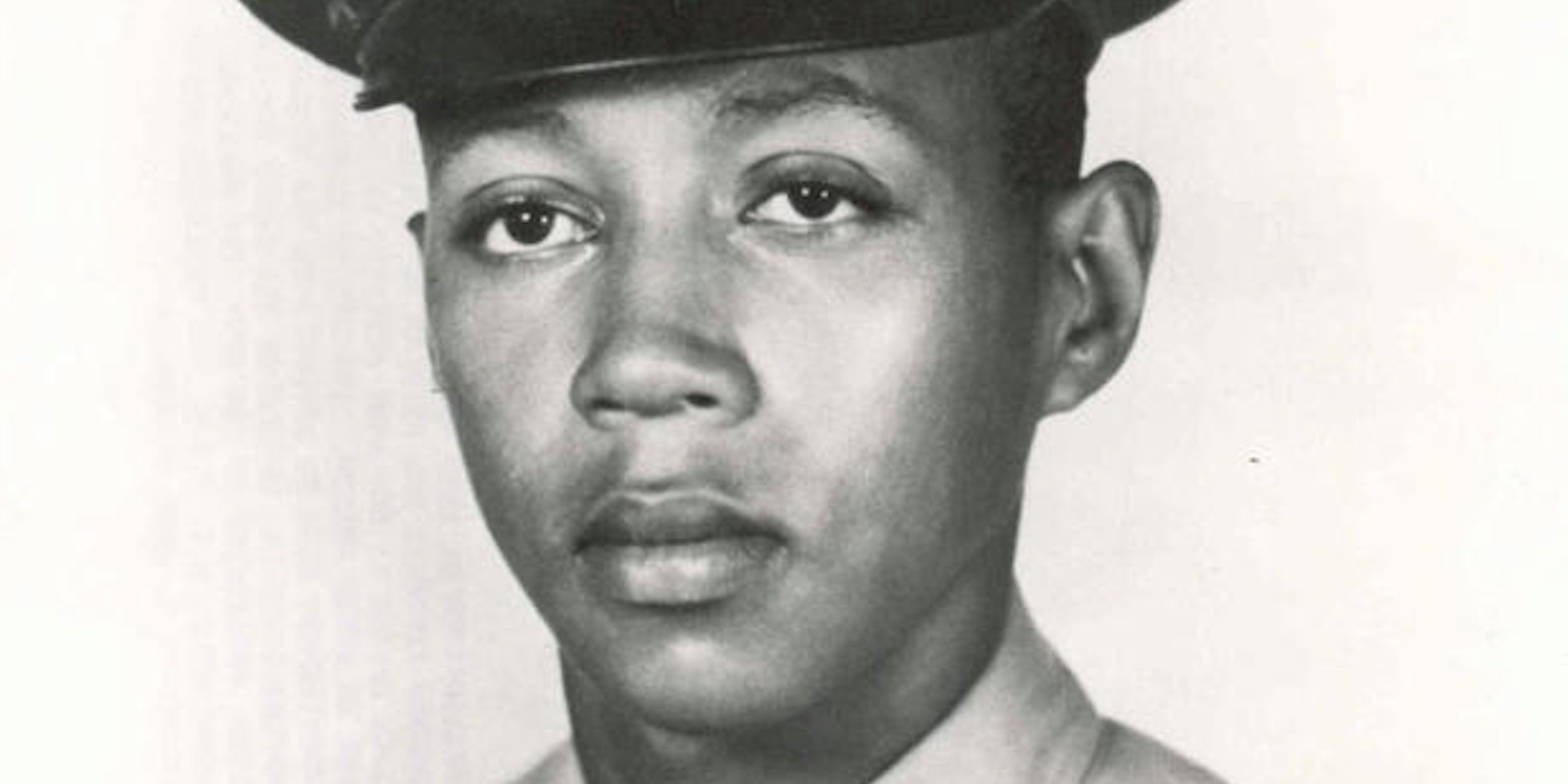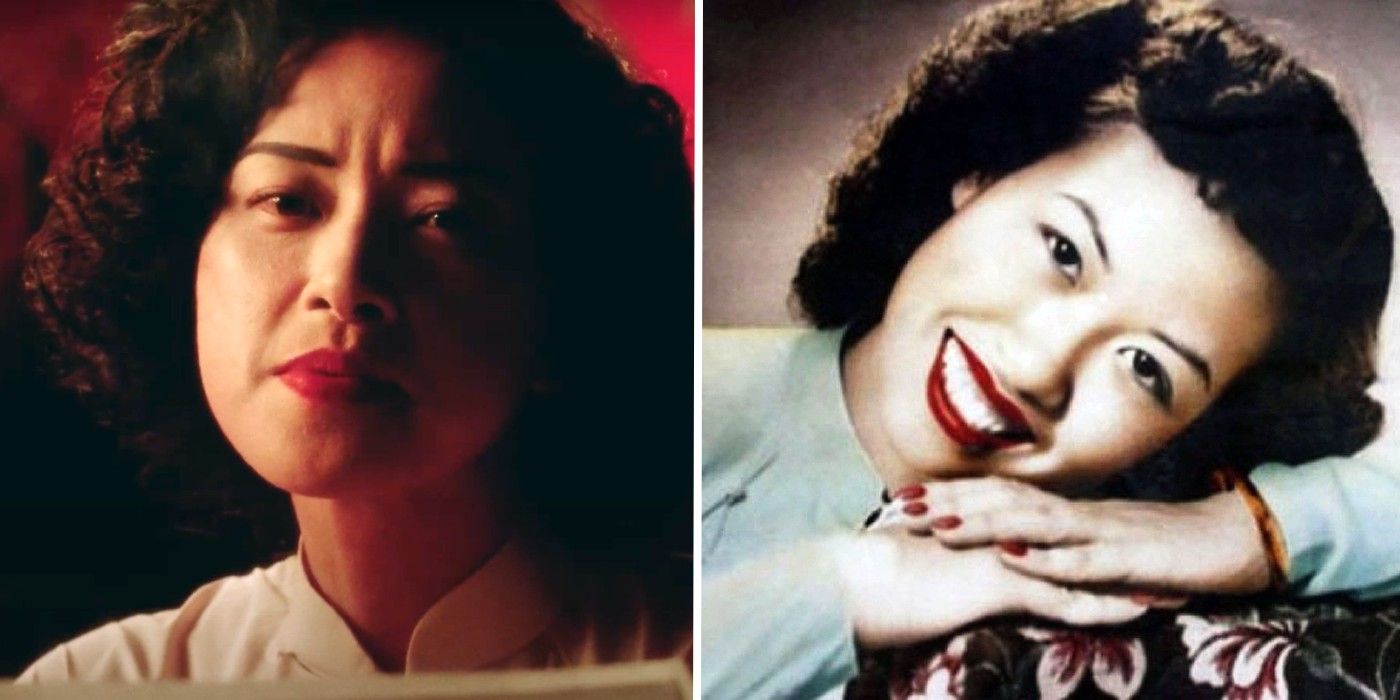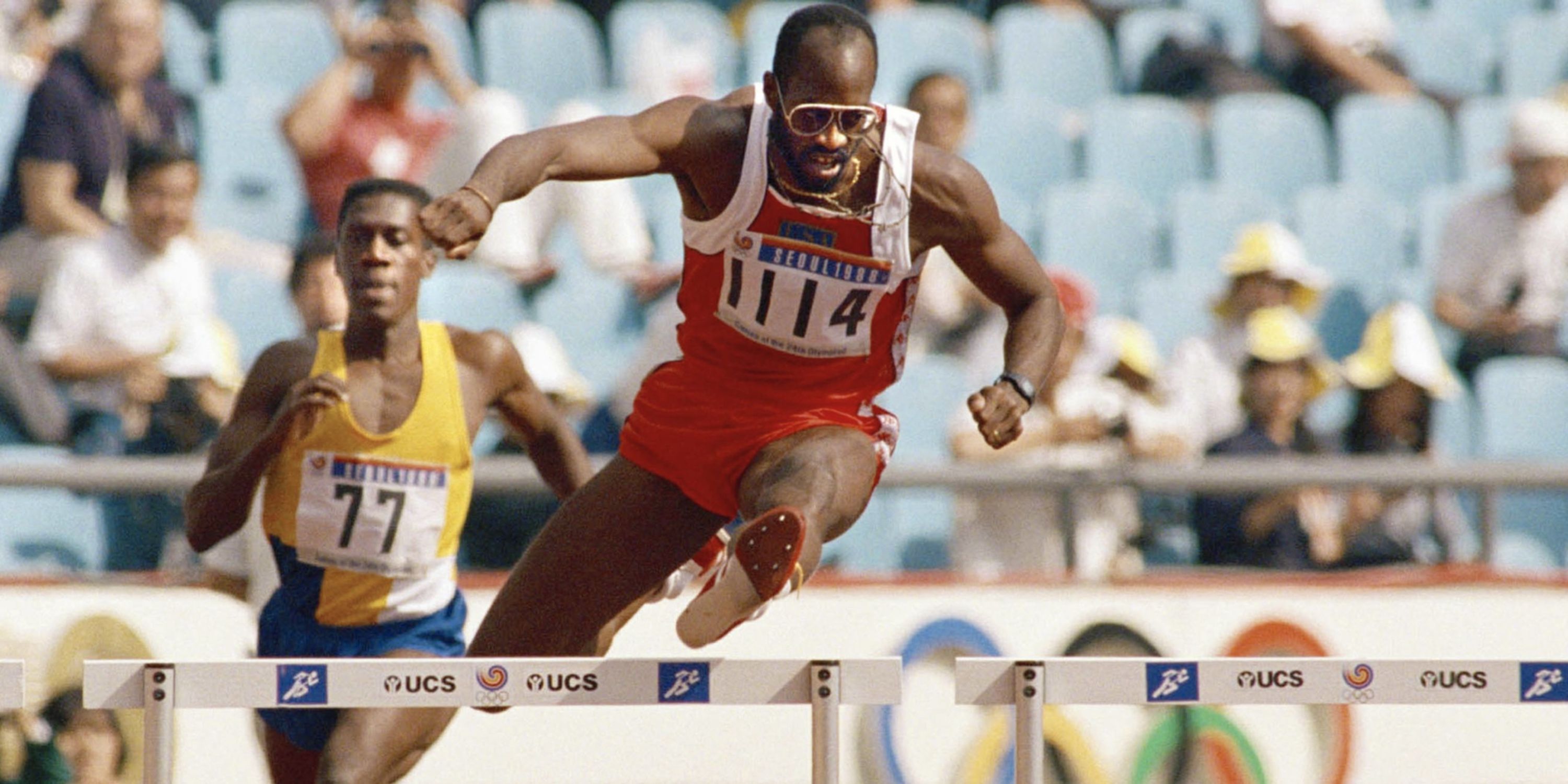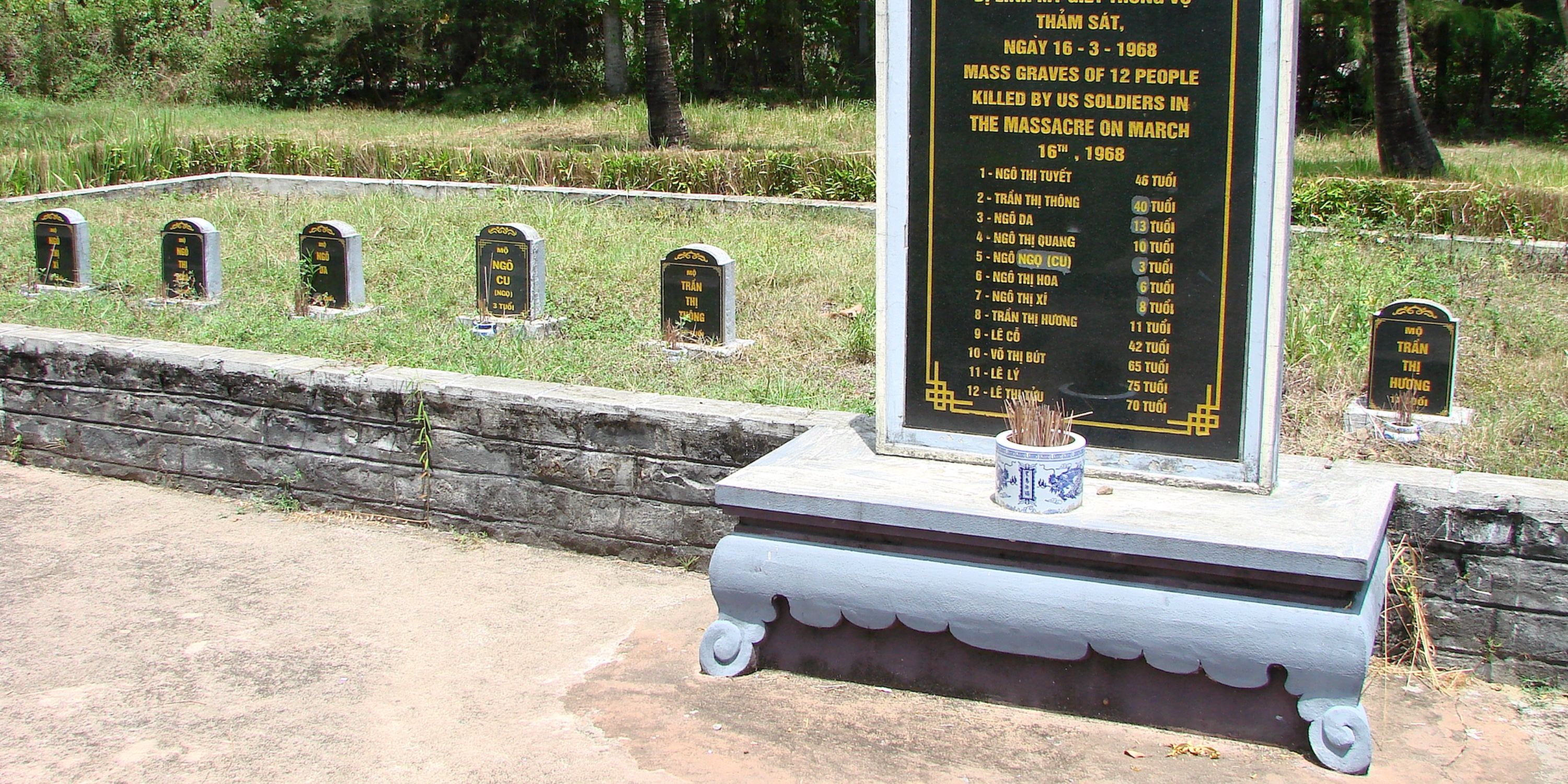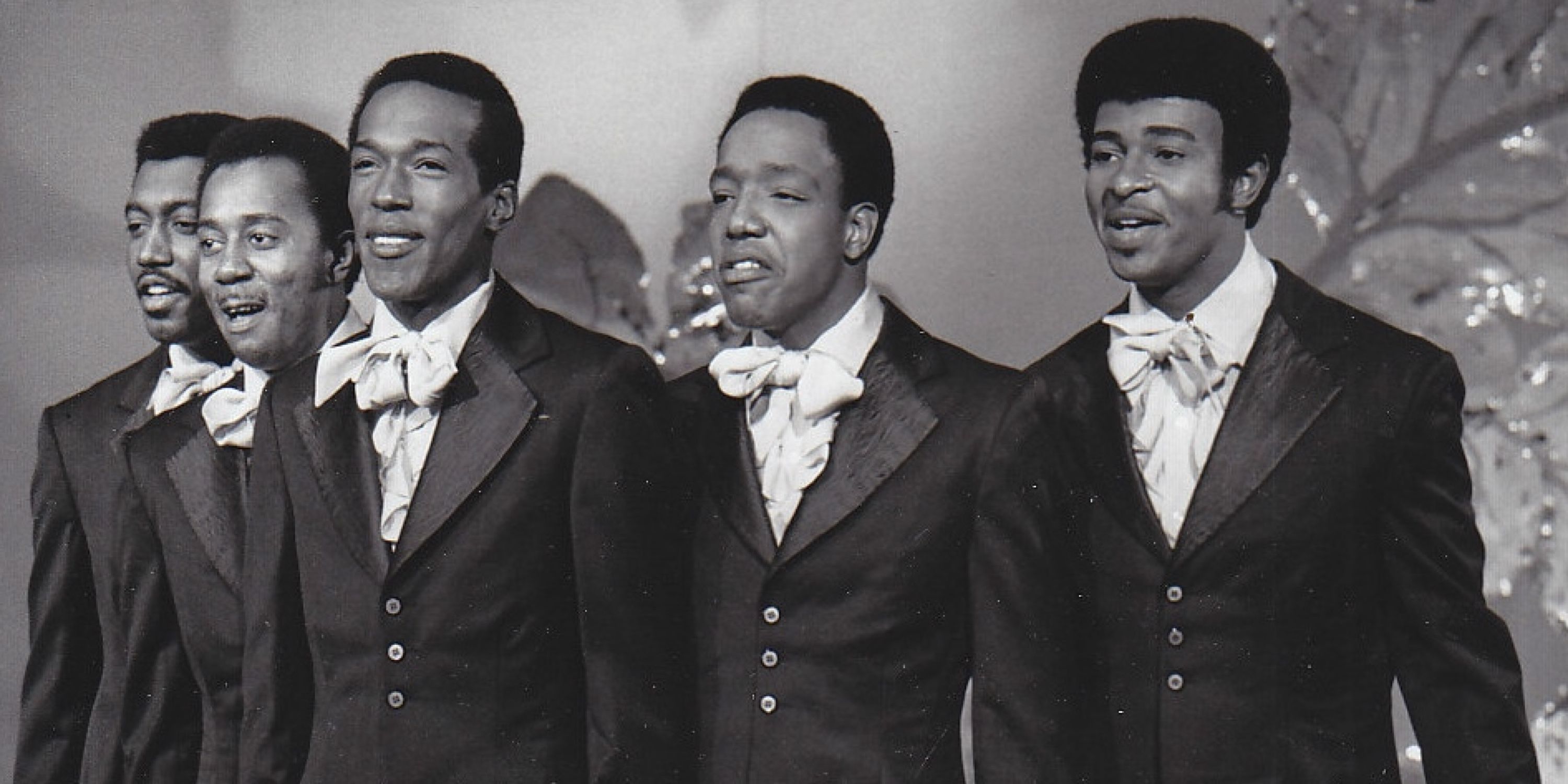Directed by Spike Lee, Netflix's Da 5 Bloods is a fictional tale that includes numerous references to real people and events from beginning to end. Some moments are meant to provoke the audience, while others function as historical context for the primary storyline. Collectively, Lee's thematic links to real-life people and events give Da 5 Bloods more texture and meaning, certainly for Netflix viewers who may be unfamiliar with the backstory.
Da 5 Bloods explores themes of racism and legacy in both Vietnam and America. The Spike Lee film begins with four Black Americans returning to Vietnam to find the remains of their former leader, with the narrative twist being that they're also looking for hidden gold. Over the course of 154 minutes, the titular war veterans reflect upon their life experiences and discover how the Vietnamese people similarly struggle with the past. Lee's highly-acclaimed feature stars Delroy Lindo as Paul, Clarke Peters as Otis, Isiah Whitlock Jr. as Melvin, Norm Lewis as Eddie, Jonathan Majors as David, and Chadwick Boseman as "Stormin'" Norman Holloway.
Da 5 Bloods True Story: How Much Of Spike Lee’s Vietnam Movie Was Real
Shockingly, Da 5 Bloods opens with graphic images, including the public suicides of Buddhist monks and the public execution of a Viet Cong soldier. As such, Lee establishes a specific tone and urgency for his Netflix film, and continuously adds various layers through cultural citations. Here's every real-life person and event reference in Da 5 Bloods.
Da 5 Bloods Historical Context Intro
Da 5 Bloods opens with 20 cultural references during the first three minutes. To begin, boxer Muhammad Ali discusses his opposition to the Vietnam War during a 1978 interview. 12 years before, the sports icon sacrificed the prime of his career by refusing to serve a country that didn't respect his civl rights. Ali states, "My conscious won't let me go shoot my brother, or some darker people or some poor, hungry people in the mud for big, powerful America, and shoot them for what?" From there, Marvin Gaye's 1971 single "Inner City Blues (Make Me Wanna Holler)" kicks in, and plays over the extended sequence, with the lyrics connecting to various people and events.
The lyric "Rocket" complements visuals of astronaut Neil Armstrong walking on the moon in July 1969. Lee then transitions to 1962 archival footage of activist Malcolm X foreshadowing the death of Black Americans in Vietnam (he was assassinated three years later). Da 5 Bloods also references thee 1968 Summer Olympics in Mexico City, where Black U.S. athletes Tommie James and John Carlos expressed their solitary with the Black Power movement by raising their fist during the national anthem, this coming after they'd placed first and second in the 200-meter competition.
For extra context, Lee shows interview footage of Black Panther Kwame Ture (Stokely Carmichael) - who states that "America has declared war on Black people" - and fellow Black Panther Angela Davis - who foreshadows "full-blown fascism" if Americans fail to recognize how Black people experience racism in their own country and are then sent away to defend it. Meanwhile, Da 5 Bloods simultaneously acknowledges Agent Orange, a chemical used by the U.S. military that ultimately led to cancer for war veterans (the character Paul speaks about his sickness during the final act).
Next, Da 5 Bloods references the May 1970 massacre at Kent St. University, in which 13 unarmed students were killed by the Ohio National Guard during a peace rally. The film also acknowledges the murders of Philip Gibbs and James Earl Green in Jackson State the same month (both men were killed by the Mississippi State Police). The final portion of Lee's opening sequence transitions to graphic and violent images, most notably the self-immolations of Saigon monks Thích Quảng Đức (June 1963) and Ho Dinh Van (October 1963). Da 5 Bloods' opening sequence also references the Chicago Police riot during the 1968 Democratic Convention, the South Vietnamese army's napalm bombing of Vietnamese children, the legacy of North Vietnamese revolutionary Ho Chi Minh, the early '70s Watergate scandal that led to U.S. President Richard Nixon's resignation, Black Panther co-founder Bobby Seale, the 1975 fall of Saigon, and the February 1968 public execution of Viet Cong soldier Nguyễn Văn Lém by South Vietnamese general Nguyễn Ngọc Loan.
Celebrity References
Da 5 Bloods includes various songs by the aforementioned Gaye, a socially-conscious R&B American singer known for addressing cultural issues of the late '60s and early '70s. Gaye's 1971 album What's Going On features the now-famous title track and "Inner City Blues (Make Me Wanna Holler)," both of which are featured prominently in Lee's film. During a violent scene involving Paul, the character references Gaye and sings "God Is My Friend."
Early on, the Bloods discuss Donald Trump when Paul reveals that he's a supporter. When Melvin talks about pigeon-toed feet, Eddie defends himself by citing the athletes Jackie Robinson, John Elway, Andre Agassi, Lionel Messi, and Michael Jordan (along with "Mookie," presumably Major League Baseball player Mookie Betts). Melvin mentions American musician Aretha Franklin upon arriving in Vietnam, stating "like Aretha sang, 'you better think'" - a reference to her 1968 single "Think." Later in Da 5 Bloods on Netflix, Hedy Bouvier references actress Hedy Lamarr upon meeting David, who then brings up former lead singer of The Temptations, David Ruffin.
Operation Junction City
Shortly after the Bloods meet Vinh, the Vietnamese guide reveals that his father was part of the 25 Infantry, ARVN during Operation Junction City and later spent 18 months in communist re-education camp after the fall of Saigon. When Paul initially discusses his military service, he seems lost in thought after hearing the words "Operation Junction City" after stating that "we were ALL there." Operation Junction City transpired over 82 days during the spring of 1967. It was the largest U.S. airborne assault since World War II, but wasn't ultimately a successful operation, according to many, as the North Vietnamese retreated to Cambodia. Approximately 30,000 U.S. soldiers were part of Operation Junction City, which ended with 282 American casualties.
Milton Olive
After Vinh brings up Operation Junction City, the Bloods discuss Vietnam War-themed movies from the '80s, with Otis scoffing at movie characters who were "trying to save some imaginary POWs." Eddie then brings up "Holly-weird mother**kers" who were trying to "go back and win the Vietnam War." Otis suggests that he'd watch a movie about a real American hero, specifically a Black Vietnam veteran named Milton Olive. In October 1965, Olive - a Chicago native - died at 18 years old after jumping on a grenade to protect four American soldiers. The reference thematically links to a climactic event in Da 5 Bloods on Netflix when a character sacrifices his life in the the same manner.
Hanoi Hannah
In Da 5 Bloods on Netflix, Vietnamese actress Veronica Ngo portrays Hanoi Hannah - a North Vietnam radio personality who delivered propaganda broadcasts for Radio Hanoi. As depicted in Lee's film, she directed her commentaries to U.S. soldiers, hoping to affect their state of mind. This is explicitly shown in Da 5 Bloods when Hanoi Hannah breaks the news about the 1968 assassination of civil rights leader Martin Luther King Jr., resulting in interpersonal conflict amongst the Bloods. Hanoi Hannah appears late in the film to introduce Marvin Gaye's "What's Going On," which thematically links to an extended sequence that focuses on Paul's inner turmoil. Hanoi Hannah passed away in 2016 at age 85.
Martin Luther King Jr.
Much of Da 5 Bloods revolves around the legacy of Martin Luther King Jr. and his peaceful way of protesting to achieve change. The main characters are shocked to learn about King's death, and also know that fellow Black Americans are experiencing racism back home. In Lee's film, the primary conflict derives from whether or not the Bloods will accept the world as it is, or actively trying to force change. Incidentally, this concept builds to the film's bloody climax, and allows for audiences to contemplate both the characters' decisions and the bigger picture as whole. Lee ends Da 5 Bloods with footage of King's April 4, 1967 speech in New York City, exactly one year prior before he was murdered in Memphis, Tennessee.
Edwin Moses
During a tense sequence involving land mines, Paul brings up U.S. Olympian Edwin Moses to calm his son, David, who realizes that he's standing on top of a "toe popper." Paul remembers how he and the Bloods once saved the life of a fellow soldier named Jethro Bodine, and decides to use same approach with David. He reminds his son that he went to the same college as Moses, Morehouse College aka "The House," and that he'll need to "fly like Moses" to survive. In real life, Moses competed in the 1976, 1984, and 1988 Summer Olympics. Between 1977 and 1987, he won 122 consecutive races.
My Lai Massacre
During a late scene in Da 5 Bloods in Netflix, a Vietnamese man confronts Paul about the hidden gold. The American is questioned about William Calley, a former U.S. general who orchestrated the May 1968 murder of 22 South Vietnamese officers, now known as the My Lai Massacre. Thematically, the reference in Da 5 Bloods links to Paul's support for Donald Trump and the "Make America Great Again" that that he wears. Paul admits that there were atrocities on both sides during the Vietnam War, but his political beliefs connect to heavily one-sided partisan policies in America, making the character even more complex.
The Temptations
The main characters in Da 5 Bloods on Netflix are named after members of The Temptations, one of the most renowned R&B groups of the '60s and '70s. In Lee's film, there's Otis - a man who embodies Otis Williams' leadership abilities as the group's founder. There's David, Paul's son who parallels the outcast nature of The Temptations' David Ruffin, who was ultimately kicked out of the group. There's Paul, a man with mental health issues who aligns with The Temptions' Paul Williams, who took his own life at age 34 in 1974.
As for Melvin in Da 5 Bloods, he's the rock of the group - much like The Temptation's Melvin Franklin, who spent over three decades with his band of brothers. Finally, there's Eddie - one of the Bloods who achieves success but then loses it all. In real life, The Temptation's Eddie Kendricks left the group and became a successful solo singer, but ultimately died at 52 from cancer.

